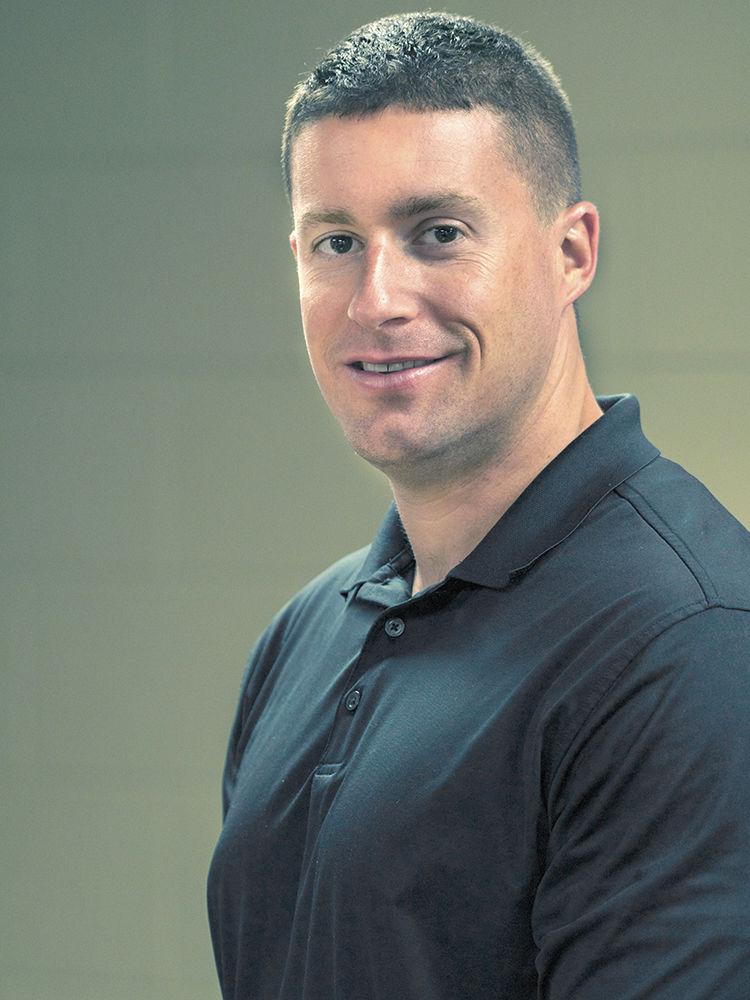Nick Drake is the Director of Military and Veteran Services on campus. He served in the U.S. Army Reserve from 2000 to 2010 and is currently serving in the North Carolina National Guard. He has worked at NC State for the past three and a half years and has spent the past two and a half years working with the Military and Veterans’ Resource Center. Technician had a chance to sit down to discuss the Veterans’ Center with him.
What are some of the resources that the Veterans’ Center provides?
Our primary goal here is to help establish not only the programs, but the service as well. A very popular inquiry is the veteran education pieces, the benefits, getting them directed to those types of services. Financial aid is another one always requested, scholarship opportunities. Additionally, we’ll have admissions for prospective students. We’ll have students who want to get connected through the Career Development Center, Student Health Services, the Counseling Center and Disability Services.
If we can’t serve the students here at the university setting, we also tap into what we call NCServes, which is a part of a larger AmericaServes program. [It] is a compilation of a bunch of different providers that help serve veterans in each of these areas whether it be financial, housing, legal. We’re able to connect into there so in every case, we pretty much have successful outcomes in terms of getting our students connected to the appropriate services.
What are some of the education programs that NC State does offer [through the Veterans’ Resource Center]?
We partner a lot with outside agencies. There are so many organizations that help support veterans; for instance, Hire Heroes is a big one that we’ll work with. [They] will help with not just resume writing, but also getting them connected to employers out there in the industries that are looking for not only NC State grads, but veterans. Taking it a step further, working with those groups to help take away tangible items from there. So, it could be the Premiere LinkedIn that veterans have access to so that they can help sell themselves. Professional headshots, taking professional videos, identifying companies that you want to work at some day, and getting connected and networking with those professionals. We’ll partner with Wolf Tales here on campus to help capture the voices of our veteran population. Those are a lot of the types of things that we’ll be doing here.
What makes these programs unique compared to other universities?
I don’t know that they’re necessarily unique; we’re just, in a lot of cases, doing them. Some universities don’t get as engaged into the services or program side. They’re getting them connected to the veteran’s education piece, but a lot of times their programming and their social connection piece, you don’t see that quite as much. It’s starting to become a new trend in higher [education]. I think we’re starting to get a head of the curve a little bit with those types of programs.
Could you explain the Green Zone training that the Veterans’ Center does?
The Green Zone training is to help educate and bring awareness to the faculty and staff on veteran-related issues. So, understanding that, again with stigmas and stereotypes, because you’re a veteran doesn’t [mean you] fit into one nice little box. Some veterans may have served for two or three years and may have been in combat where as other veterans may not, so their experiences are all different. Even understanding that, if a student has served or a veteran has served in a combat zone, that even that’s going to look different from a counterpart that served in the same area of operations.
The goal there is to really get as many faculty and staff through that program to understand just a little more about the unique challenges and issues that are presented in the veteran population. I don’t necessarily like the word sensitivity, necessarily, but it is having a little bit more sensitivity and understanding so they’re not so quick to see an issue in a class and make an assumption that, based on their status, that’s an issue related to that.
What are some of your thoughts about the national anthem protests and how might this affect those who have served our country?
I’m going to leave this pretty open because I don’t want to get into it too much, but my biggest thing is, just like you would see in the general population and society today, people are going to have varying views and opinions on it. It would be no different in the military perspective because I don’t think it comes down to a disrespect issue at all and I think sometimes that gets lost. For me personally, I don’t really want to give my opinion necessarily, but I want to tell you the understanding that if you ask a veteran that question, you’re going to get a lot of the similar responses that you’re going to get if you just ask 20 random students out there that might not have served in the military.
What is something you would want students on campus to know about the Veterans’ Resource Center?
The big thing is, know that we have it. We have about 2,200 military-affiliated students on campus, 700 of which are veterans. Even out of that population we could send information out to them, but some of them don’t want to get involved whereas others do. Some love the comradery and want to be involved. A big thing from the general student population in working with programming on campus, especially with the residence halls, is just bringing more awareness. So again, understanding that every veteran is going to be unique and different, just like every person is going to be unique and different.








